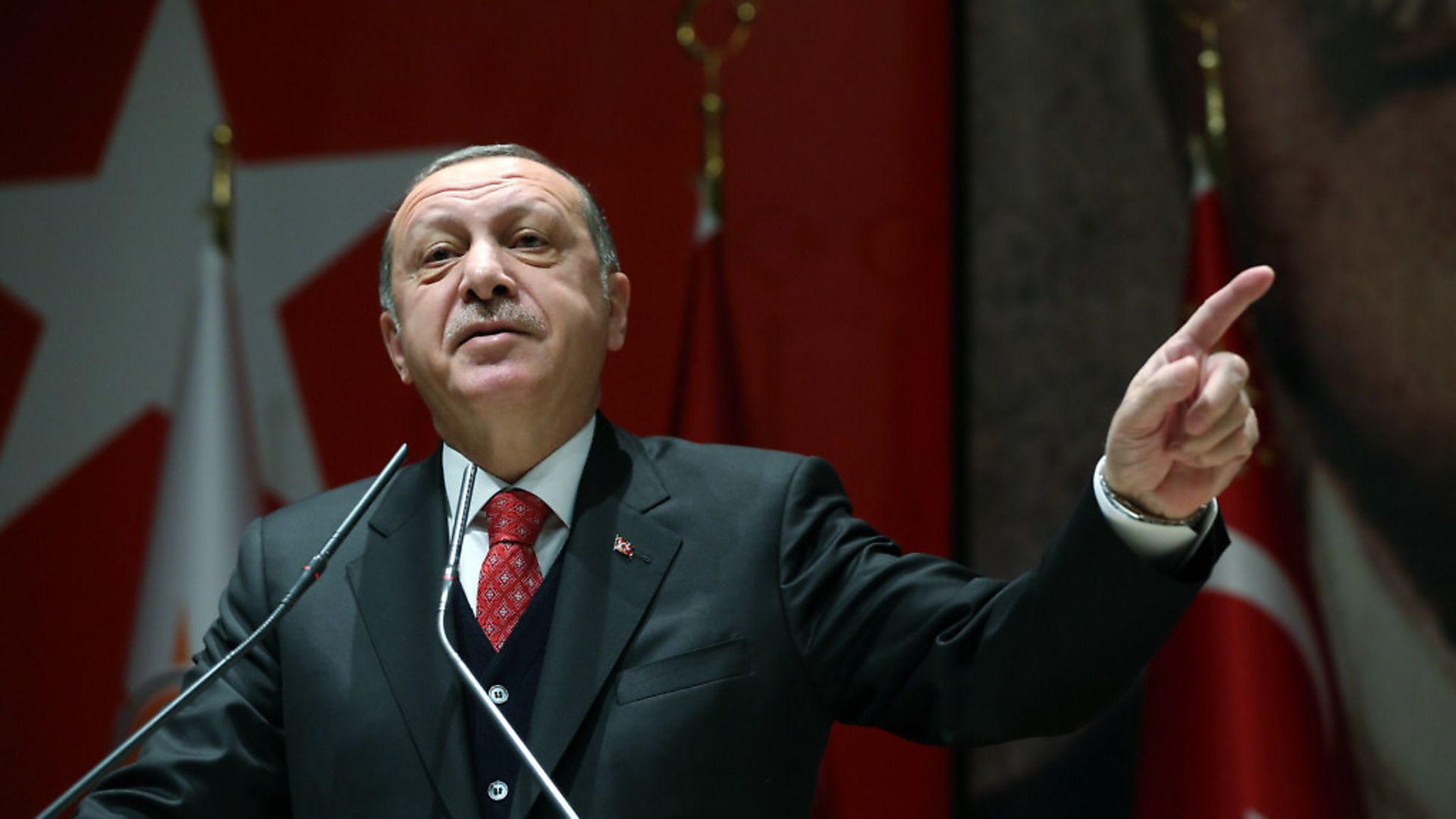
Turkey has followed through on a pledge President Recep Tayyip Erdogan announced in March in withdrawing itself from an international treaty to prevent violence against women.
May 11 marked the tenth anniversary of the Council of Europe Convention on Preventing and Combating Violence against Women and Domestic Violence, known as the Istanbul Convention.
It created robust and legally binding standards for governments to prevent violence against all women and girls, support survivors, and hold abusers to account.
34 countries have now ratified it, but Erdogan instead made the unprecedented decision to withdraw. Months ago this decision caused condemnation from many Turks and western allies and now it has caused further frustration from critics who say the move puts Turkey even further out of step with the bloc it applied to join in 1987.
Thousands were prepared to protest across Turkey after a court appeal to pause the withdrawal was rejected.
“We will continue our struggle,” said Canan Gullu, president of the Federation of Turkish Women’s Association. “Turkey is shooting itself in the foot with this decision,” added Gullu.
She explained that since March, women and other vulnerable groups in Turkish society have been hesitant to ask for aid, and even less likely to receive it. Covid-19 fuelled financial issues has caused a dramatic increase in violence against women.
Pre-pandemic, femicide was on the rise in Turkey. One monitoring group said that it was logging roughly one per day for the last five years.
“The Covid-19 pandemic has exposed violence against women as one of the most far-reaching and persistent rights abuses, and a daily threat to the lives and health of women and girls around the world,” said Hillary Margolis, senior women’s rights researcher at Human Rights Watch.
Advocates of the Instabul convention have said that more stringent implementation is needed.
However, Turkey’s conservatives and Erdogan’s Islamist-rooted AK Party claim the treaty undermine family structures in place that protect society.
Following a wave of anti-LGBT attitudes and legislation across Eastern Europe, they have also said that it promotes homosexuality due to its principle of non-discrimination on the grounds of sexual orientation.
“Our country’s withdrawal from the convention will not lead to any legal or practical shortcoming in the prevention of violence against women,” Erdogan’s office insisted in a statement it released recently.
Dunja Mijatovic, Council of Europe Commissioner for Human Rights, penned a letter to Turkey’s interior and justice ministers expressing concern about a rise in homophobic narratives by some officials who specifically targetted the convention.
She wrote: “All the measures provided for by the Istanbul Convention reinforce family foundations and links by preventing and combating the main cause of the destruction of families, that is, violence”.
Warning: Illegal string offset 'link_id' in /mnt/storage/stage/www/wp-includes/bookmark.php on line 357
Notice: Trying to get property 'link_id' of non-object in /mnt/storage/stage/www/wp-includes/bookmark.php on line 37






